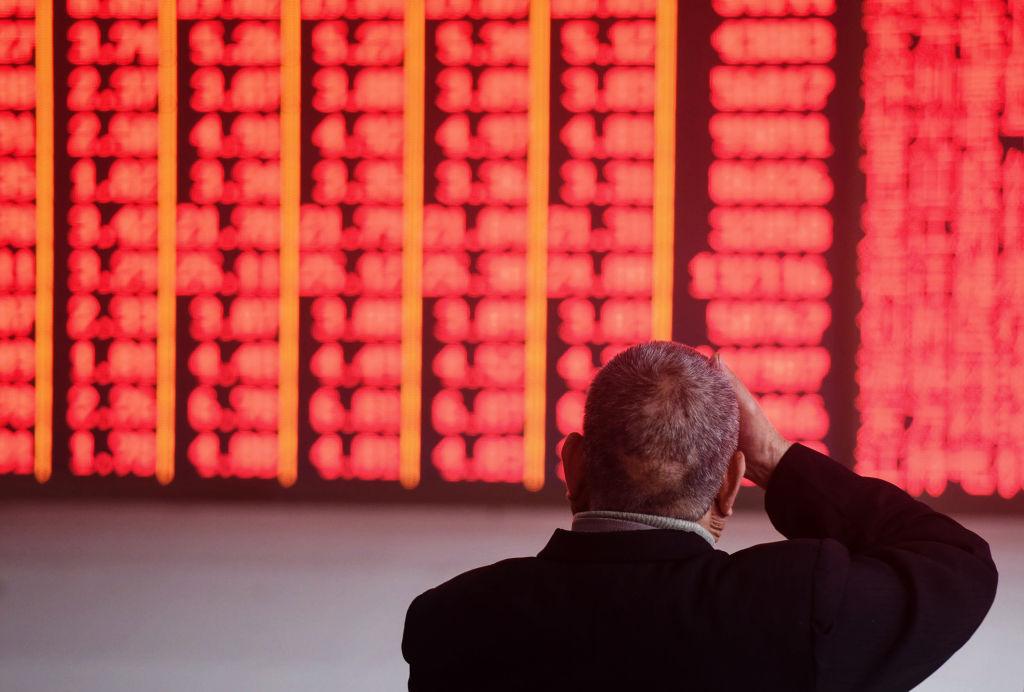Shares of China’s biotechnology firms plunged on Dec. 15 amid concerns that the Biden administration would put an investment and export ban on more Chinese companies.
The decline was led by WuXi Biologics, which tumbled nearly 20 percent, while WuXi AppTec Co. slid 19 percent, and Sino Biopharmaceutical slumped 5 percent.
The Hang Seng Healthcare Index fell almost 7 percent. The mainland index tracking the health care sector also slumped 3.2 percent, against a drop of 0.87 percent in the broader index.
The declines followed a Dec. 14 report in Financial Times, which cited two people briefed on the plans, that said the Biden administration would add two dozen Chinese companies, including unnamed biotechnology firms, to a trade blacklist known as the “entity list.”
Health care firms were already under pressure on Dec. 15 as Chinese biotech company BeiGene Ltd. plunged in its Shanghai debut, amid concern that some Chinese firms could be ordered to delist from U.S. stock markets.
The Financial Times (FT) reported that the U.S. Treasury Department will add DJI, the world’s largest commercial drone manufacturer, and seven other Chinese tech firms to a U.S. investment blacklist for their involvement in Beijing’s mass surveillance of the Uyghurs in Xinjiang.
DJI has already been barred from buying or using U.S. technology or components, after the Trump administration put it on the “entity list” a year ago for the same reason.
At the time, DJI stated that it had done nothing to justify the move and would continue to sell products in the United States, where it has built up a large market.
Other firms set to be added to the investment ban, according to the FT, include image-recognition software firm Megvii, supercomputer maker Dawning Information Industry, facial recognition specialist CloudWalk Technology, cybersecurity group Xiamen Meiya Pico, artificial intelligence (AI) company Yitu Technology, and cloud computing firms Leon Technology and NetPosa Technologies.
U.S. investors are barred from taking stakes in companies on the blacklist, which now includes about 60 firms.

When asked about the FT report at a Dec. 15 briefing, Zhao Lijian, a spokesperson for China’s foreign ministry, accused Washington of the “suppression” of Chinese companies. He said the regime would “closely follow the development of the situation.”
The Treasury Department on Dec. 10 also sanctioned Erken Tuniyaz, chairman of the Xinjiang Uyghur Autonomous Region, and his predecessor, Shohrat Zakir, for their role in aiding the Beijing regime’s abuses in the region.
More than 1 million Uyghur and other Muslim minorities have been incarcerated in internment camps in China’s far-western Xinjiang region, where they have been subjected to forced sterilization, torture, forced labor, and political indoctrination. The United States and other Western democracies have labeled Beijing’s actions a genocide.




